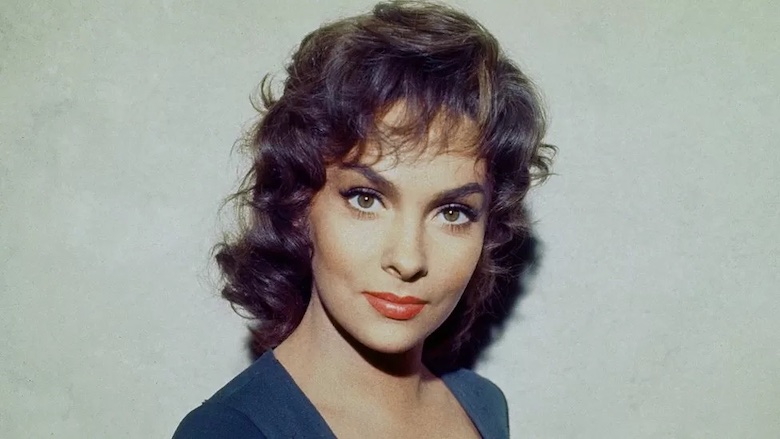I recently watched a six-part 2018 BBC miniseries Les Misérables that is based on the famous novel by Victor Hugo that was published in 1862. I had read the novel a long time ago and I thought that the mini-series was very good and stayed pretty close to the original story.
For those not familiar with it, the story is set in the period 1815, just after Napoleon had been sent into exile and the monarchy restored, and the failed Paris Uprising of June 1832 that attempted to restore republican form of government. This is the backdrop to the tale of Jean Valjean, a man who served 19 years in prison doing hard labor because he stole a loaf of bread to feed his sister’s starving children. When he finally gets his freedom, he leaves prison deeply angry and bitter. Even when a poor but kindly bishop welcomes him and gives him food and shelter for the night, he repays him by stealing the small amount of silverware in the house and escaping into the night. When he is quickly captured by the police and brought to the bishop, the bishop surprises him and the police by saying that he had given the silverware to Valjean and even gave him two silver candlesticks, the only things of value remaining in the house.
[Read more…]

